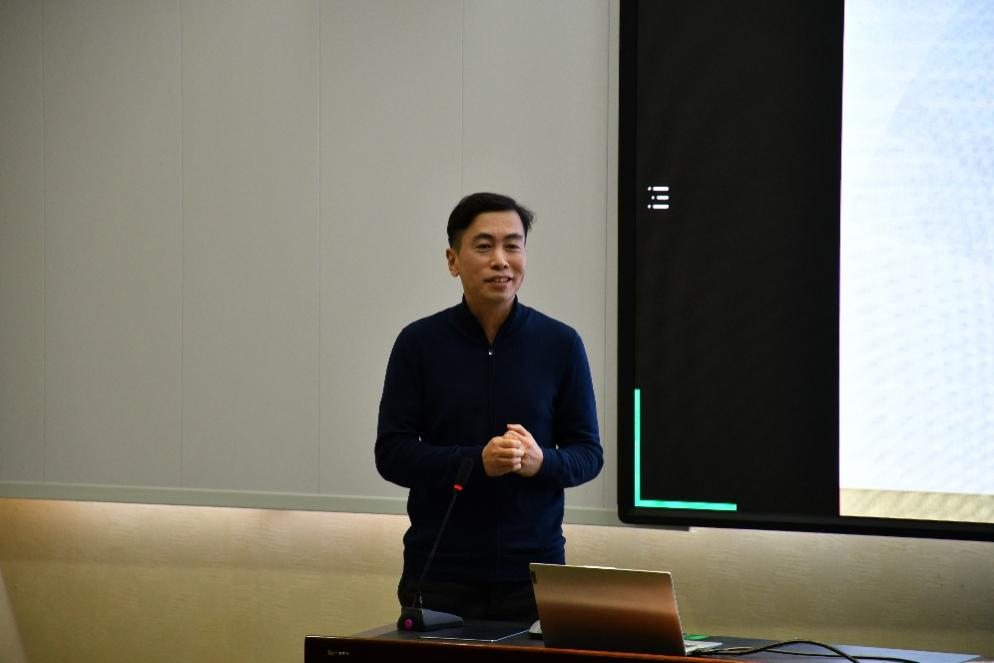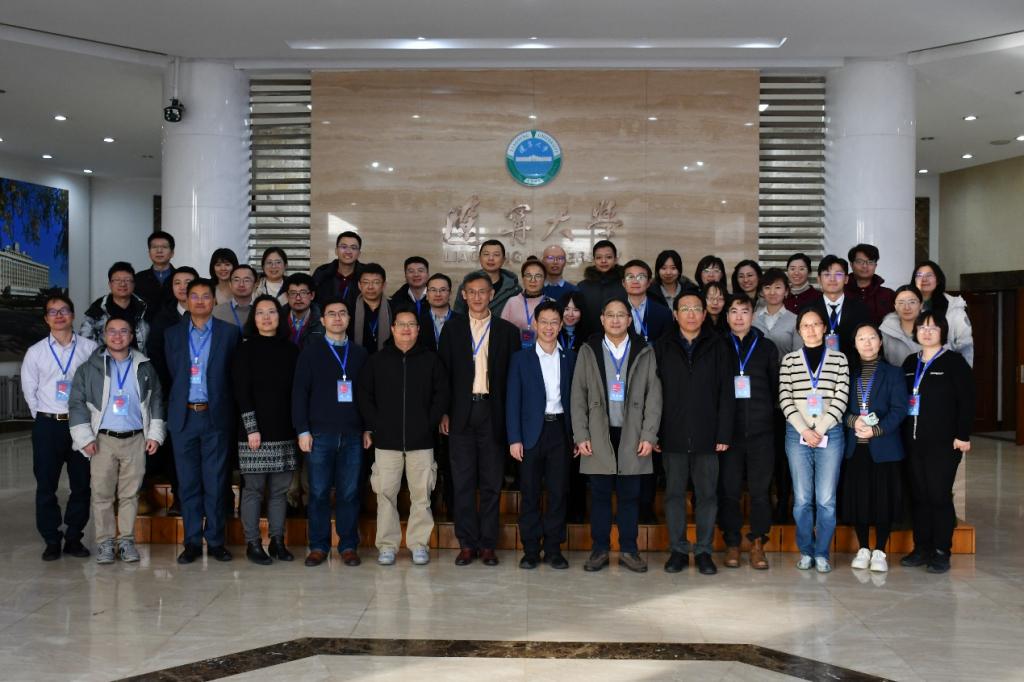On December 10, 2023, the 13th Annual Meeting of China Trade Research Group (CTRG) was successfully held at Liaoning University, which was hosted by China Trade Research Association and undertaken by the College of Finance and Trade of Liaoning University. The meeting was also strongly supported by the College of Business of Shanghai University of Finance and Economics, the Innovation Team of International Trade Theory and Policy of SUFE, and the Research Center for International Finance and Economics at the National Institute of Financial Research of Tsinghua University. With a combination of online and offline broadcast, the meeting aims to explore the path of high-quality development in international trade. Filled with an academic atmosphere, guests at the meeting were active in offering their wisdom to provide new insights for promoting the innovative development of international trade.
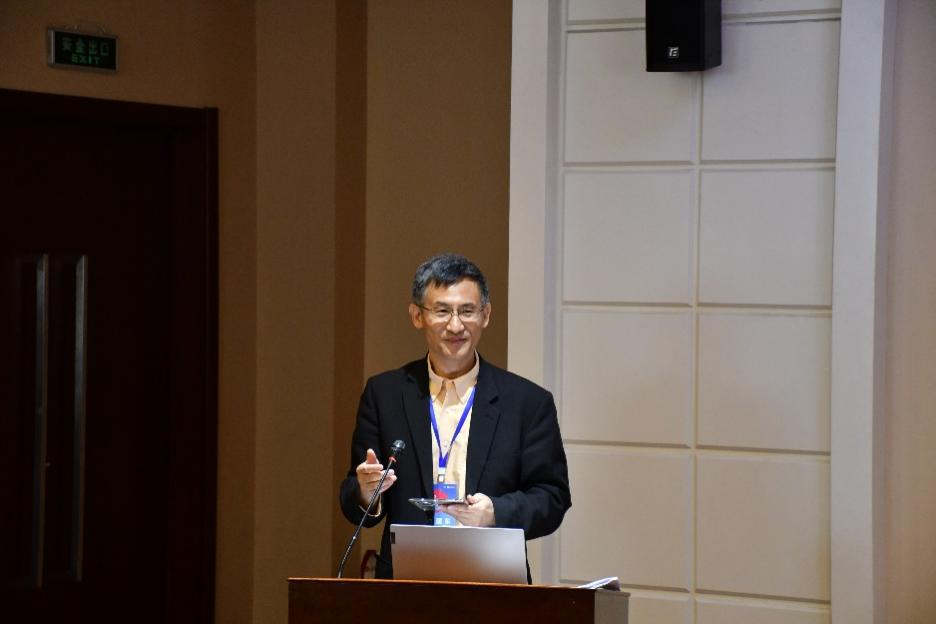
At the opening ceremony, Ju Jiandong, Chairman and Director of CTRG and chair professor of Tsinghua PBCSF, delivered a speech representing the organizer, where he introduced the goals, requirements, and paper selection process of CTRG. He stressed that CTRG always keeps improving the process in terms of selecting academic papers and strives to create an open, efficient, and high-level communication platform for all the guests attending the conference. In addition, he pointed out that the work of young scholars always represents the most cutting-edge research, and he encouraged young scholars to present more papers and promote their academic research under the guidance of senior experts at the meeting. He stated that CTRG aims to share the most cutting-edge research directions, issues, and methods in the academic field of international trade. Scholars are encouraged to participate in the academic discussion to provide theoretical support for China's international trade research.
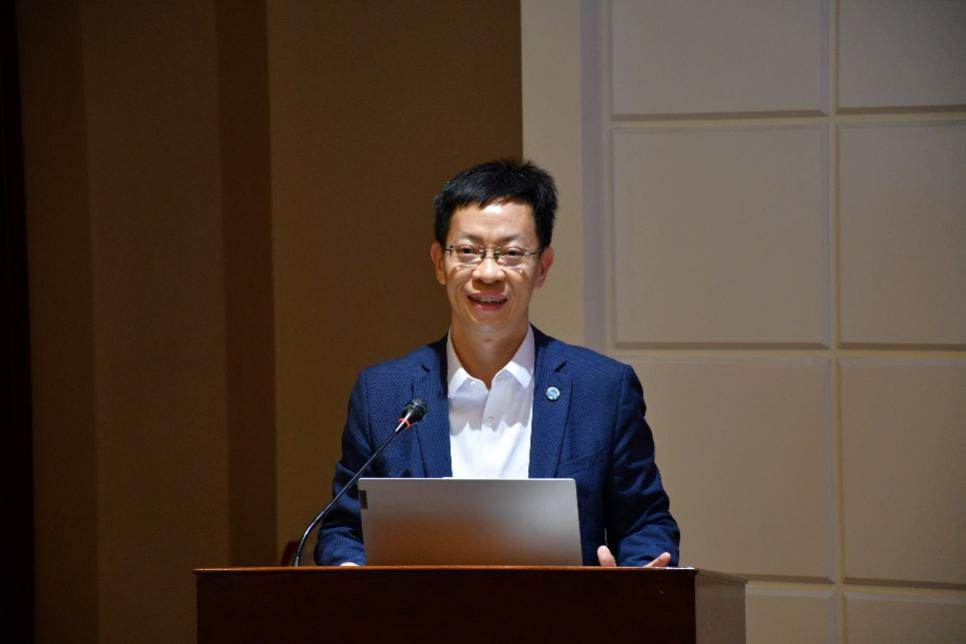
Yu Miaojie, Deputy Secretary of the CPC Committee and President of LNU, also delivered a speech at the opening ceremony, in which he extended his warm welcome and sincere greetings to all at the annual meeting and expressed heartfelt thanks to CTRG and Professor Ju Jiandong’s high recognition and deep trust in LNU. In his speech, President Yu briefly introduced LNU, emphasizing that LNU is the first business college founded by the Communist Party of China (CPC) and a national "Double First-Class" construction university. The economics discipline at LNU enjoys a profound historical background while Applied Economics is among the first batch of disciplines selected as a "Double First-Class" construction discipline in China and it is the only discipline among universities governed by the People’s Government of Liaoning Province and the only discipline in Northeast China.

Professor Li Zhiyuan, Dean of the College of Finance and Trade of LNU hosting the opening ceremony.
Forum One
Host: Ju Jiandong, Chairman and Director of CTRG and chair professor of Tsinghua PBCSF
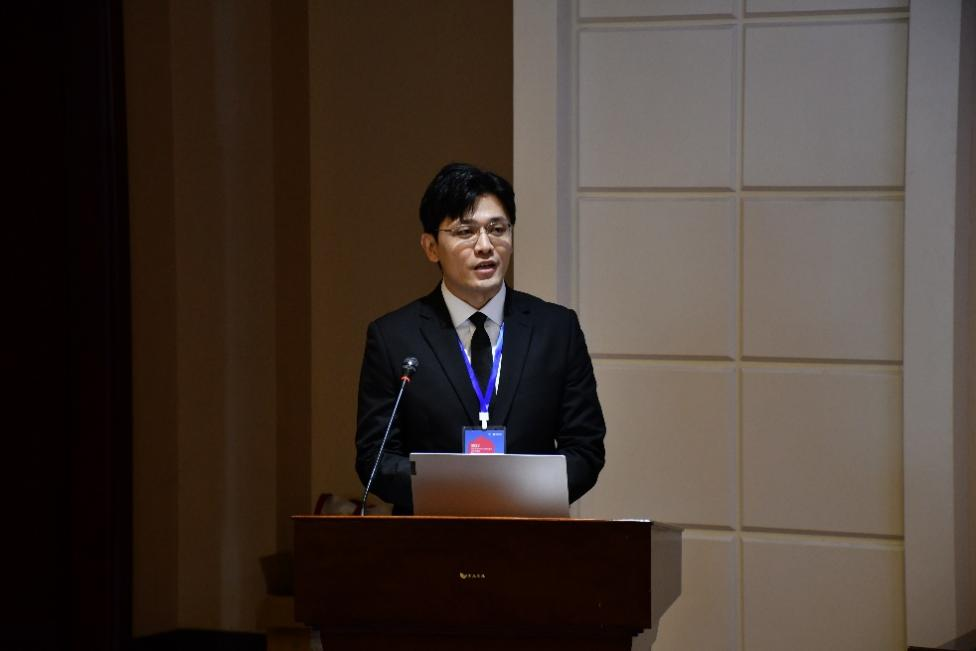
Zhao Tengyu, a doctoral student from the Hong Kong University of Science and Technology, gave a report entitled Bilateral Economies of Scope, discussing the influence of enterprise trade modes of bilateral scope economy on international transaction cost. He pointed out that the high cost of international transactions lies in the need to invest in logistics, contracts, and acquire information of local institutions. He believes that part of the fixed cost of entering a specific export market can be used to pay for the cost of obtaining imported products from the same market, and vice versa. Therefore, based on the classified transaction data of enterprises in China from 2000 to 2015 and recording the business trade modes of bilateral economies, it is found through structural model equations that the fixed costs of export and import can be reduced by more than 41% and 37% respectively in each country. Qing Liu, a professor and doctoral supervisor at the National Institute of Development and Strategy of Renmin University of China and Director of the Center for International Economic and Financial Studies, commented on the report.
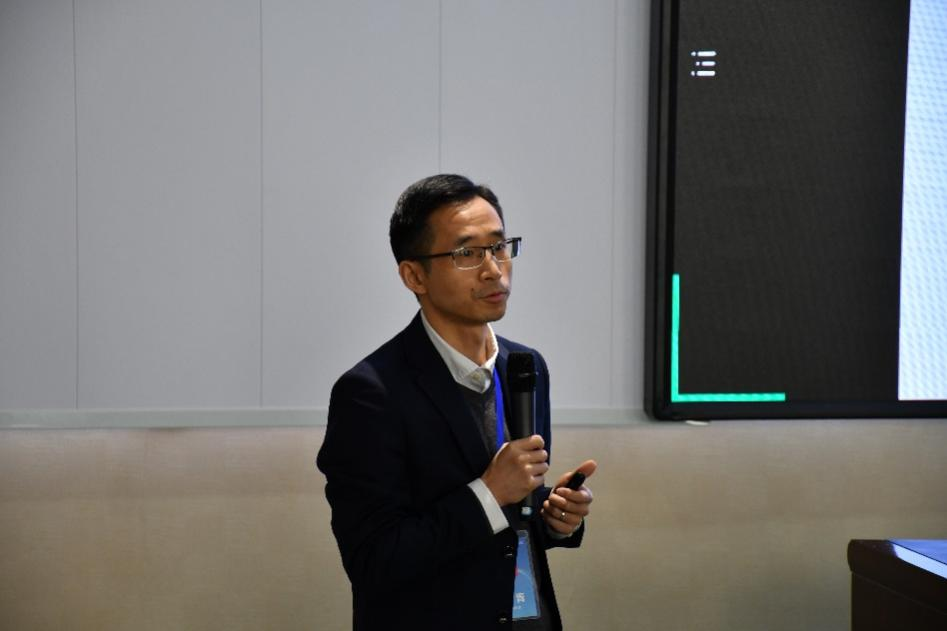
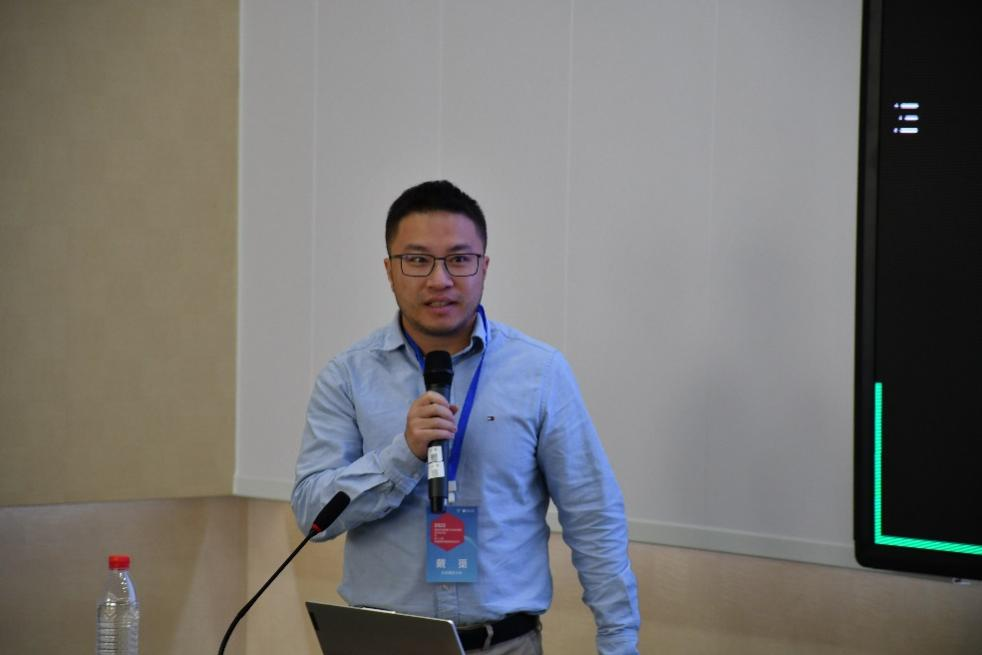
Dai Mi, professor at the Business School of Beijing Normal University, gave a report entitled Origin of Goods and the Distributed Effects of Trade Liberalization. In the report, by introducing commodity sources into the standard framework of welfare evaluation, he estimated the distribution effect of trade liberalization through expenditure channels. The framework of in his paper clearly distinguishes imported goods, domestic goods, and home-made goods, and allows the heterogeneity of transmission rates from different sources. In addition, his report further explained the reasons why wealthy families spend more on imported goods and showed that these models are consistent with the international trade theory of non-homogeneous preference. He thinks that the benefits of trade liberalization to wealthy consumers may be a systematic feature of developing countries. Huang Hanwei, Assistant Professor of City University of Hong Kong commented on the report.
Forum Two
Host: Zhao Laixun, Vice Chairman of CTRG and professor at the Institute of Economic Management of Kobe University in Japan
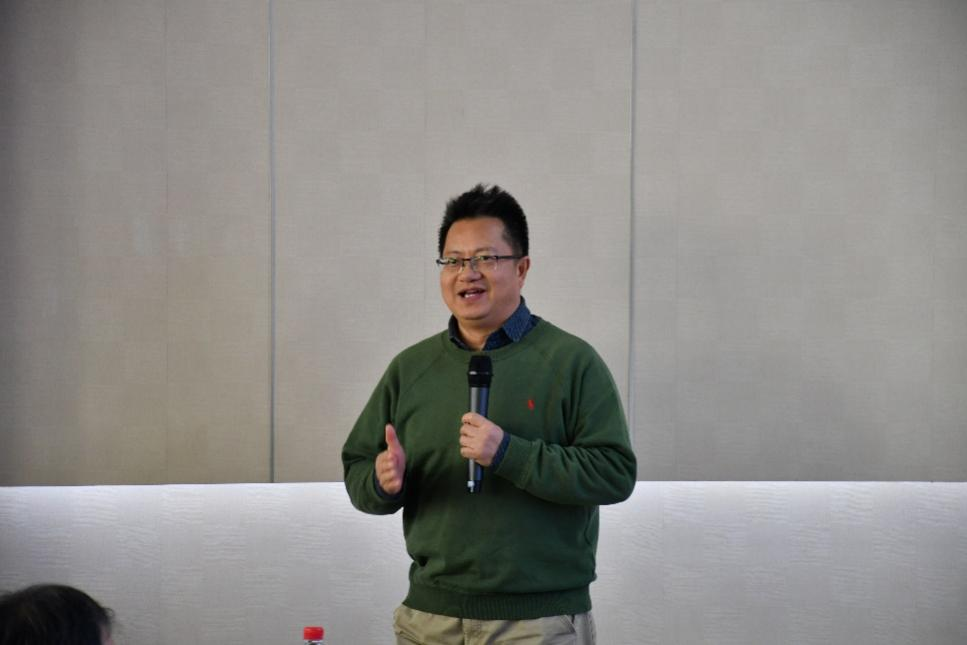

Xie Enze, a doctoral student at the National School of Development of Peking University, gave a report entitled Trade Liberalization, Labor Market Power and Misallocation Across Firms: Quantitative Evidence from China's WTO Access, where he studied the influence of heterogeneous monopoly power among enterprises on the balanced allocation of labor force in China. Based on the heterogeneity of monopoly power caused by workers' preference for jobs in enterprises, he constructed a corresponding model to deduce the variance of logarithmic price reduction as a sufficient statistic, inferred the influence of heterogeneous monopoly power on the overall production efficiency of the whole country, and further quantified the welfare effect brought by labor redistribution after China's entry into WTO. Tang Rongsheng, associate professor at Li Anmin Institute of Economic Research of Liaoning University, commented on the report.
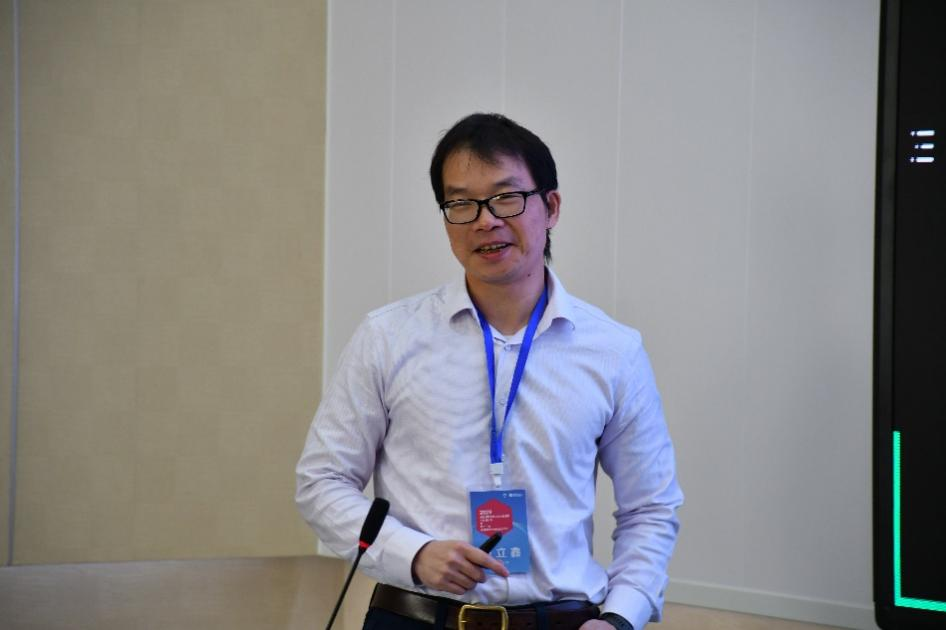
Tang Lixin, associate professor of the Economic and Social Research Institute of Jinan University, gave a report entitled Tariff Pass Through in the Trade War: a Firm-heterogeneity Perspective, where he analyzed the influence of tariffs on China's export price from the enterprise’s perspective. He stated that during the China-US trade war, the research on the impact of US tariffs on China's export prices showed that tariffs had little impact on the prices of goods exported from China to the United States. U.S. tariffs increased the probability of China's export enterprises withdrawing from the U.S. market and have a more obvious impact on low-priced enterprises. Ma Xiangjun, Vice President of the College of Finance and Trade and Vice President and professor of China Economic Research Institute of LNU, commented on the report.

Forum Three
Host: Yin Xiaopeng, Vice President of CTRG, professor at the School of International Trade and Economics and Executive Vice President of Research Institute for Global Value Chain of University of International Business and Economics.
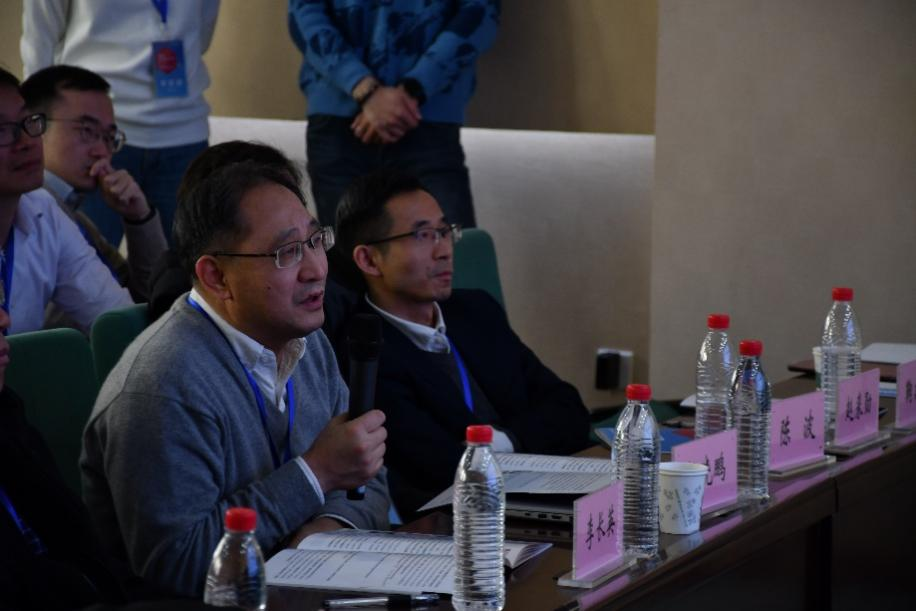

Jiang Yating, from the University of Hong Kong, gave a report entitled Returns to Scale, Productivity and Markup: Revisit the Export Premium. She noted that the productivity effect of export is the basis of trade-related policies, but empirical studies have found the existence of mixed effects. Her report held that besides the productivity effect, the increasing returns to scale and the price increase are two important sources of export income. The findings report that export brings huge efficiency gains, half of which comes from the increase of scale return and the other half comes from the productivity premium of export. The improvement of efficiency enables exporters to charge higher price increases at lower prices. Liyao, Associate Professor of the Economics Department in the Business School of the Hong Kong University of Science and Technology, Vice President of China International Trade Research Association (CTRG), and Joint Secretary General of Guangdong, Hong Kong, and Macao University Quality Alliance, commented on the report.
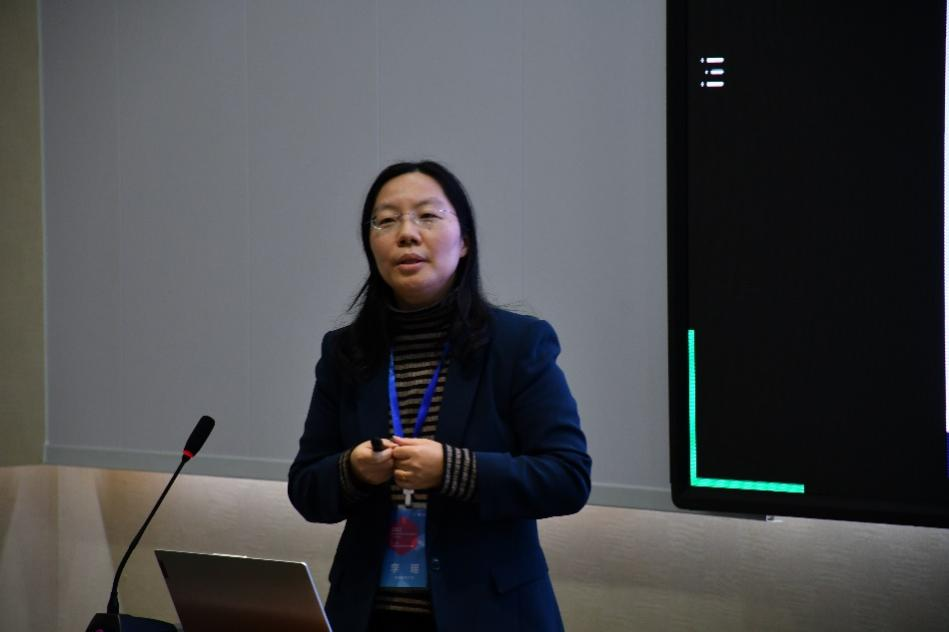
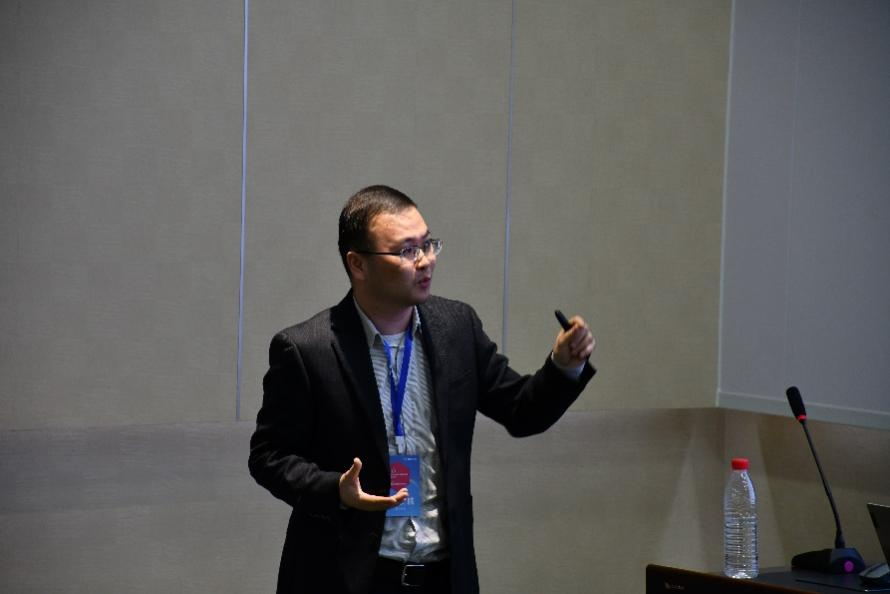
Tang Rongsheng, Associate Professor of Li Anmin Institute of Economic Research of Liaoning University, gave a report entitled Trade, R&D specialization and productivity slowdown where American patent data was used to study the relationship between trade and R&D specialization and productivity. He stated that through patent data analysis, he found that when American states and departments have more diversified patent portfolios, cite more complementary knowledge sources, and the local knowledge portfolios are closer to the ideal knowledge input portfolio of department innovation, their growth rate is faster. After 2008, the knowledge contribution from department to innovation and the knowledge diffusion between countries have been continuously reduced, which means that the growth rate and trade income were reduced. Tang Lixin, Associate Professor of the Institute of Economic and Social Studies of Jinan University commented on the report.
Forum Four
Host: Li Changying, Vice Chairman of CTRG, professor and Doctoral Supervisor of the School of Economics of Shandong University.
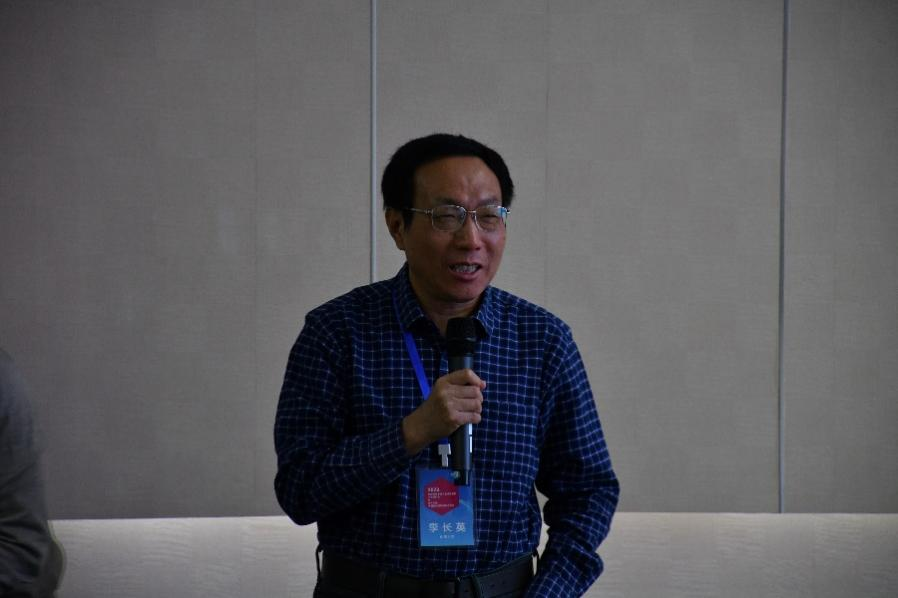
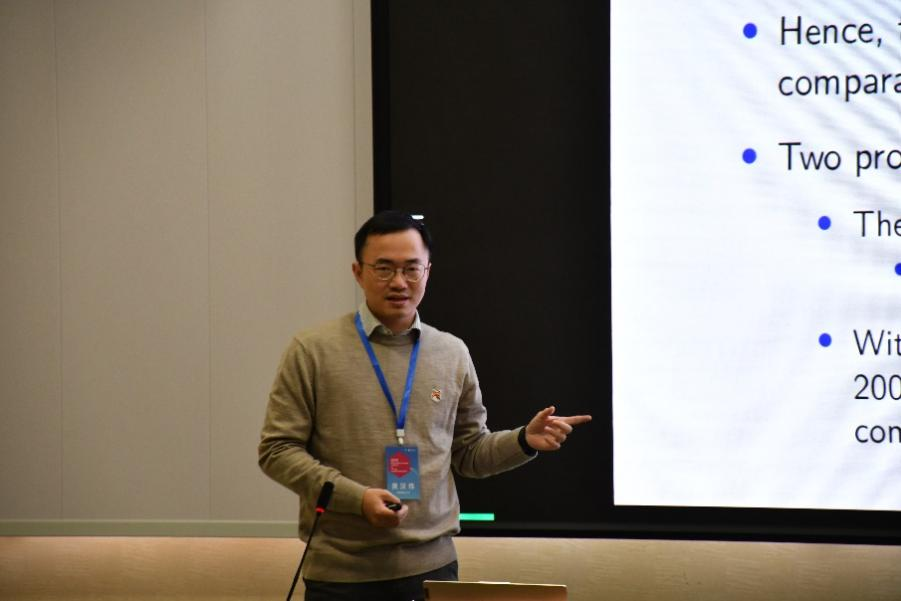
Huang Hanwei, Assistant Professor of City University of Hong Kong, gave a report entitled Rethinking Revealed Comparative Advantage with Micro and Macro Data. He believes that Balasa's balassa is not sufficient statistics who recognizes Ricardo's comparative advantage, scale, and source. To solve this problem, he developed a structural method to measure Ricardo's comparative advantage based on the quantitative trade model with enterprise and product selection. This model considers the role of relative unit input demand and relative factor endowment. Through the perspective of the model, the author determined the sufficient statistics set of endogenous and exogenous components of a country's productivity relative to other countries. Li Zhiyuan, Dean of School of Finance and Trade of Liaoning University and professor of School of Economics of Fudan University, commented on the report.
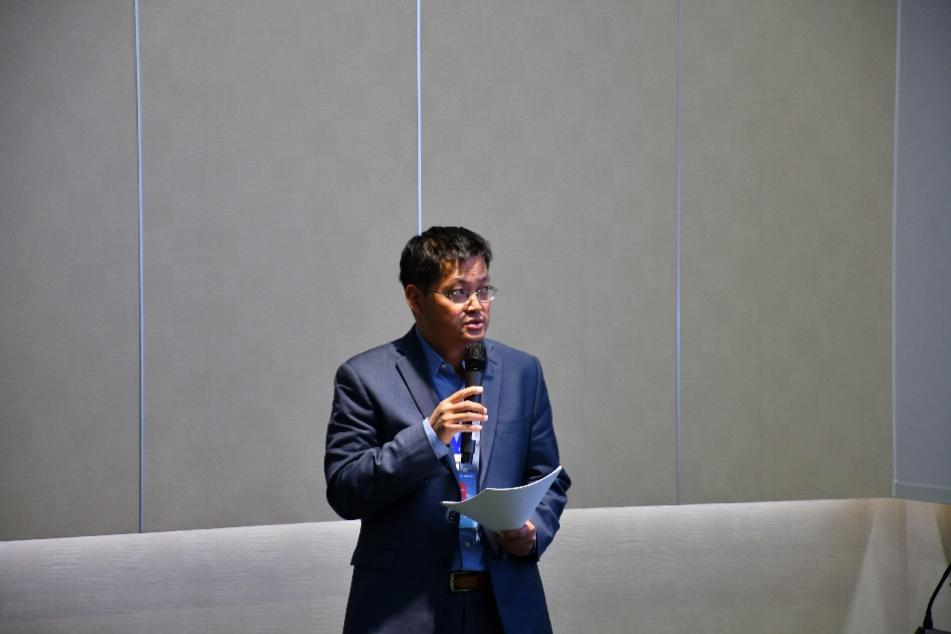
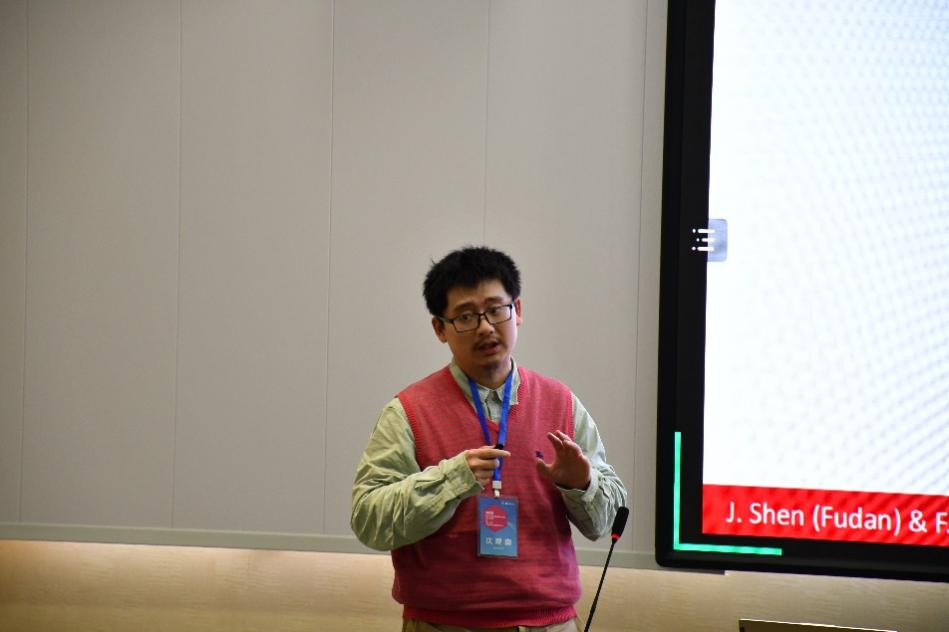
Shen Huangnan, Assistant Professor of the Department of Applied Economics, School of Management of Fudan University gave a report entitled, A Contracting Approach to the Division of Gains in Global Supply Chains: Theory and Evidence, where he put forward a theory to explain the relationship between the profitability of production enterprises and continuous production stages in the value chain. By using the framework of bilateral monopoly, he discussed the validity of the U-shaped curve obtained by enterprise-level income division in the global supply chain. His research found that the U-shaped relationship is not always effective, which is decided by the interaction between the capacity effect and the cost effect of enterprises producing along the chain. Professor Chen Bo, Executive Director of FTZ Institute of Huazhong University of Science and Technology, commented on the report.
